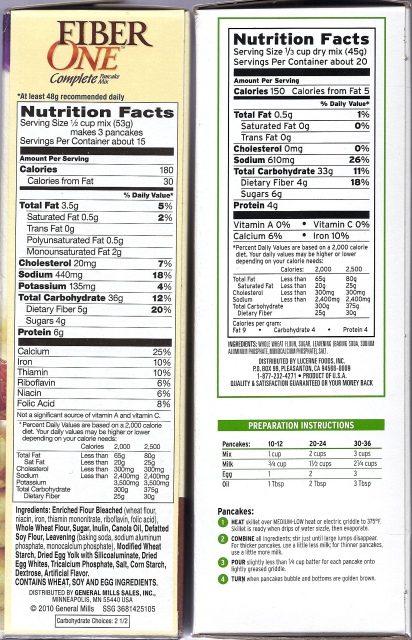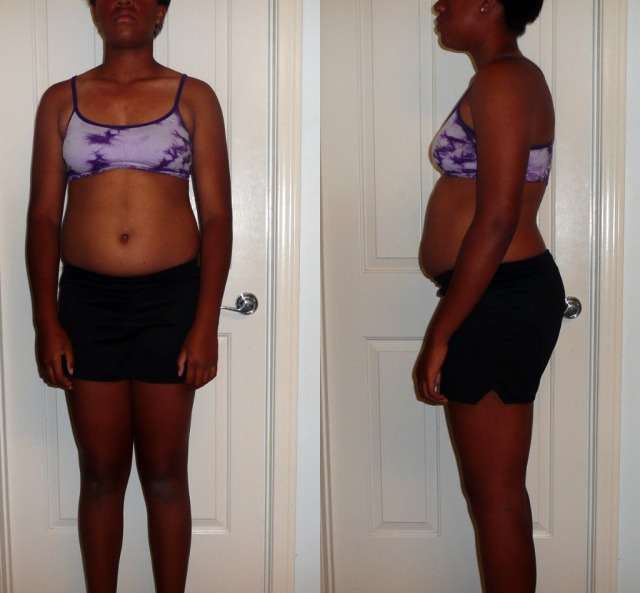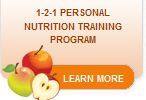What Counts as a Diet and Is It Right for You?
Determining if a particular diet is right for you involves various considerations, including your individual health goals, medical conditions, lifestyle, and preferences. Here are a few factors to consider:
1. Health Goals:
- Identify your specific health goals, whether they are weight loss, improved heart health, managing blood sugar levels, or enhancing overall nutrition.
2. Medical Conditions:
- Consult with a healthcare professional if you have any existing medical conditions or take regular medications. Certain dietary restrictions may be necessary to manage specific conditions.
3. Nutritional Needs:
- Ensure the diet provides a balanced intake of essential nutrients, including macronutrients (carbohydrates, proteins, and fats) and micronutrients (vitamins and minerals).
4. Sustainability:
- Consider whether you can maintain the diet over the long term. Diets that are overly restrictive or difficult to follow may not be sustainable and can lead to yo-yo dieting.
5. Personal Preferences:
- Take your food preferences and culinary habits into account. Choose a diet that aligns with your taste and can be easily incorporated into your daily routines.
6. Variety:
- Variety in your diet ensures a wide range of nutrients. A diverse diet helps prevent nutrient deficiencies.
7. Cultural and Religious Considerations:
- Respect any cultural or religious food restrictions or practices that are important to you.
8. Consulting Healthcare Professionals:
- Before starting any new diet, especially if you have underlying health conditions, consult a registered dietitian or a healthcare professional. They can provide personalized advice and guidance.
It's important to approach diet changes mindfully and prioritize your well-being. Avoid fad diets or extreme restrictions that promise quick results but may not be sustainable or healthy in the long run. Gradually incorporating healthier habits, such as reducing processed foods, increasing fruit and vegetable intake, staying hydrated, and engaging in regular physical activity, can positively impact your overall health and well-being.
-
healthy weight
QuestionIs it true that theres a certain weight at which the body
-
weightloss/dieting
QuestionI am 17 and highly overweight since about the 3rd grade.
-
Help body fat questions
QuestionI had a tough time in picking a selecting a section for t
-
Regarding Weight Loss
QuestionI am 171cm tall and weigh 62 kilogram.I have been exercis
-
The Right Amount of Calories?
QuestionI have a question about how many calories I should have i
-
gas/bloating
Questioni have a BIG question... i enjoy all the health benefits



